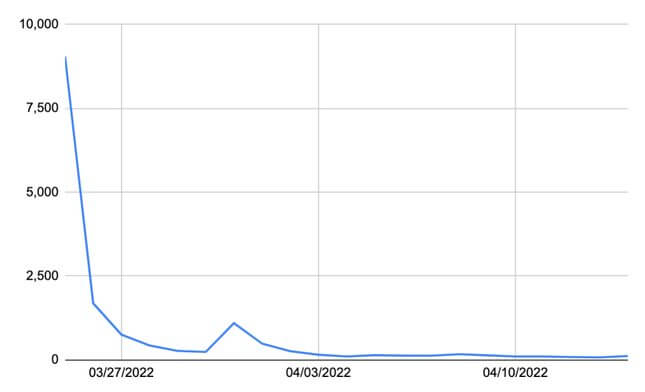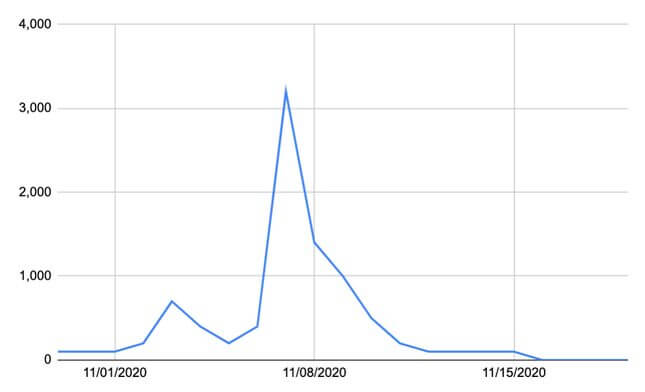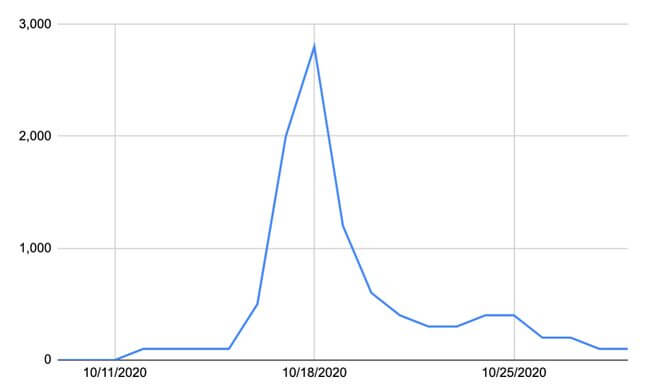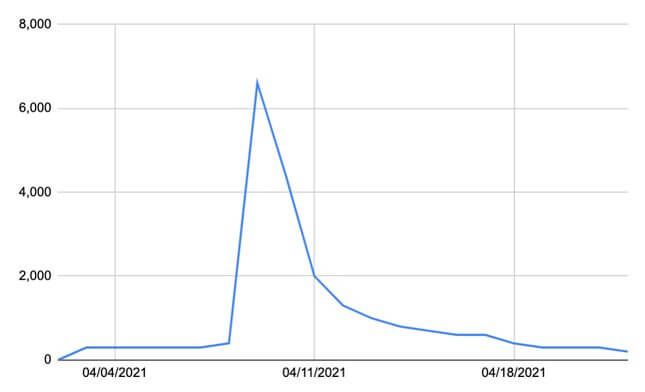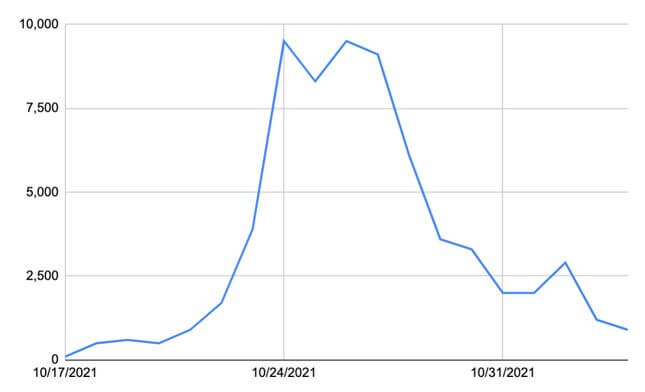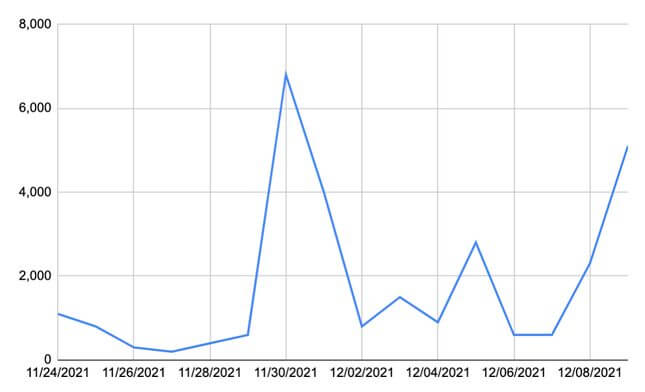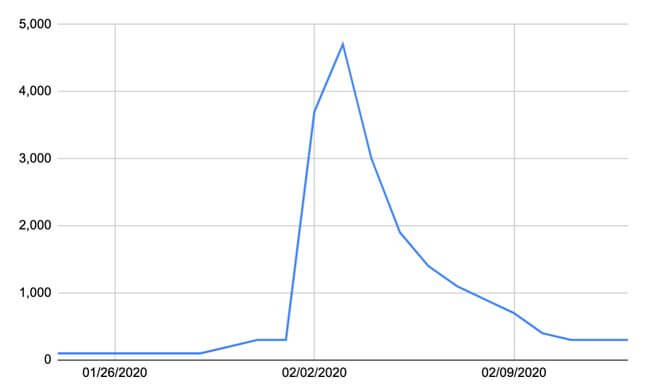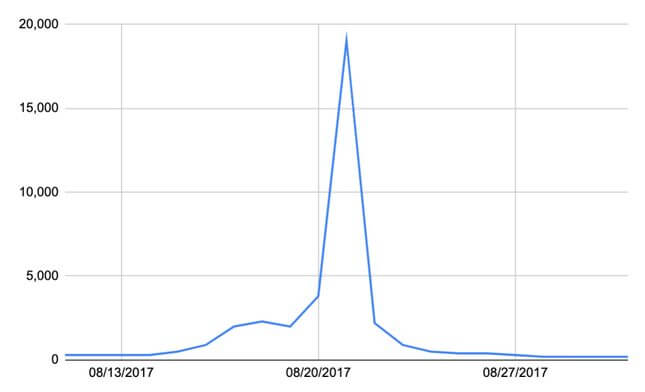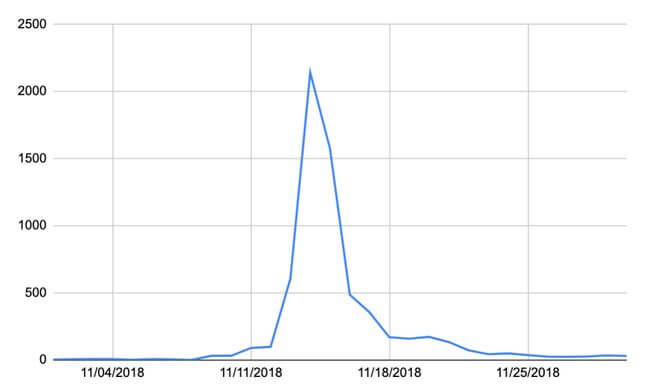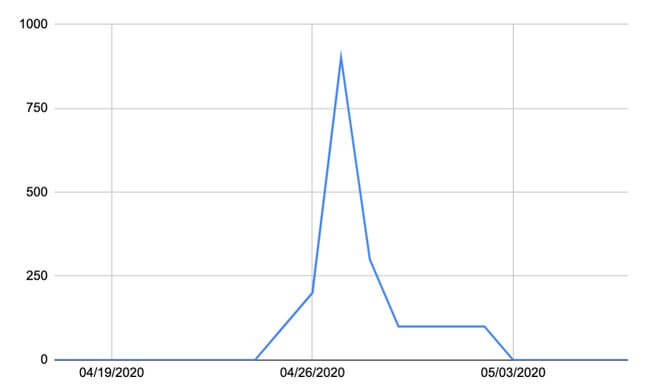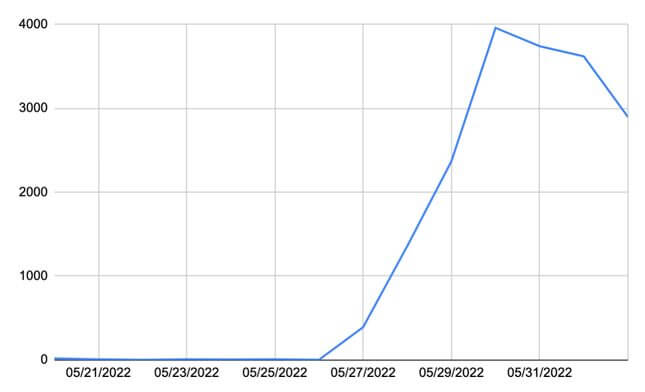Going to No. 1 on iTunes Isn’t the Big Achievement It Sounds Like
In some cases, artists and fans spin a paltry number of downloads into headlines and bragging rights.
EntertainmentMusic

Monoculture is, depending on whom you listen to, either dead as a result of streaming or not dead, but resting. But no matter how much the algorithm has demolished the concept of a must-see or must-listen event, and no matter how far away from each other those tuned into contemporary entertainment are distributed throughout the long tail, the allure of the No. 1 endures.
No. 1 movies, albums, and singles in the U.S. regularly make headlines. The music-tracking chart data Twitter account boasts some 1.5 million followers, its every tweet full of stans representing their patron saint musicians as they bicker about statistics and sales. The actual numbers used in the charts may be a fraction of what they once were—take album sales, for example—but following rankings remains a pastime for many who are engaged in pop culture.
So strong is the allure of the No. 1, it seems, that virtually any No. 1 is potentially newsworthy. The most curious example of the tendency not to see the forest from the dwindling trees is the continuing space a No. 1 download on iTunes takes up in pop cultural discourse. As streaming services like Spotify and Apple Music have soared in popularity during the last decade or so, the downloading of songs has declined precipitously. In 2012, combined digital album and single sales generated $2.8 billion in revenue, according to the Recording Industry Association of America; in 2021, that figure was $538.2 million. That’s a nearly 81 percent drop.
Despite the overall dip in downloading in recent years, reputable outlets like the Associated Press, NBC News, EW, and Rolling Stone have angled stories on iTunes No. 1s with little acknowledgement that these No. 1s actually represent a small percentage of the market and thus the songs’ overall popularity. (Widely read but less reliable outlets like Fox News and the Washington Times also do this.) The most recent example of a No. 1 on iTunes generating such coverage came via the renewed interest in Kate Bush’s “Running Up That Hill,” following its inclusion in the fourth season of Stranger Things.
Artists, who are presumably intimately aware of how little it takes to go to No. 1 on iTunes as it directly affects their bottom line, use these stats as bragging rights. Kid Rock’s jingoistic and Biden-slamming “We the People” (“‘Wear your mask, take your pills’/Now a whole generation’s mentally ill/(Hey-yeah) Man, fuck Fauci”) vaulted to No. 1 on iTunes soon after its January 25 release, leading Rock to gloat on Twitter about the stat as well as Donald Trump’s resulting congratulations:
The actual numbers were only relatively impressive. According to data that Jezebel obtained from Luminate, which tracks U.S. music sales and streaming, “We the People” sold 5,200 digital copies its first day out. It topped out at 9,800 the next day and declined from there. Seventeen days out, its sales were hovering around the 200-unit mark:
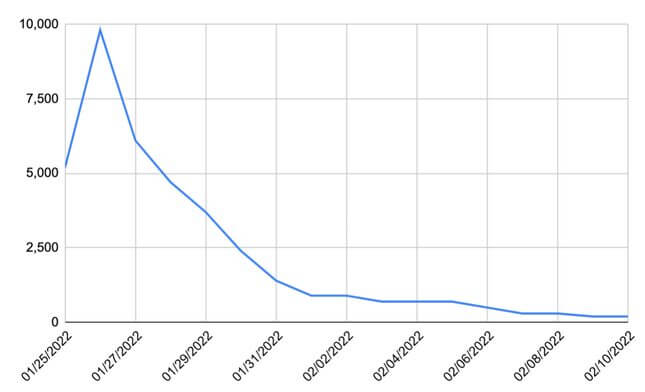
By way of comparison, “We Don’t Talk About Bruno,” the No. 1 song on the Billboard Hot 100 during the tracking week in which “We the People” was released, had 34.9 million streams.
(Note: The figures provided by Luminate for this story represent overall digital sales, and iTunes is but one online retailer. In 2013, the NPD Group reported that iTunes had a 63 percent share in the digital download market. In any event, the data here likely represents a higher number than if iTunes sales alone were reported, which is further telling given how low they are to begin with.)
After Nicki Minaj released her collaboration with Fivio Foreign, “We Go Up,” in March, she boasted on Instagram that like she and Fivio, the song also went up (on the iTunes chart).
-

-

-

-

-

-

-

-

-

-

-

-

-

-

-

-

-

-

-

-

-

-

-

-

-

-

-

-

-

-

-

-

-

-

-

-

-

-

-

-

